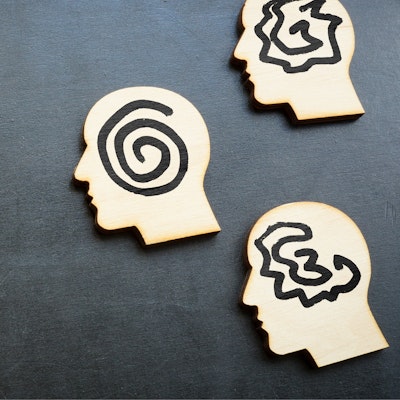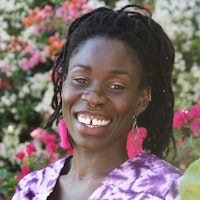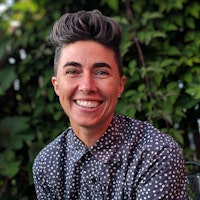
In order for folks to have a good death, we must honor the totality of their lived experience.
Show Notes
Death is understandably difficult – and for some people, nearly impossible – to conceive of and talk about. Especially our own. It may seem like there’s nothing we can do to prepare for our last moments on earth, but several innovative panelists at the 2023 Aspen Ideas Festival would disagree. Alua Arthur is a “death doula,” who helps people find peace with themselves when nearing the end of their life. A former lawyer, she founded the organization Going With Grace to help redefine the end-of-life experience. Dan Diaz was thrust into advocacy when his wife, Brittany Maynard, was diagnosed with terminal brain cancer in 2014 at age 29. Maynard wanted control over how she died, and the couple moved to Oregon for the last months of her life, where medical aid in dying was legal. Diaz has been pushing to expand legalization of medical aid in dying ever since, and has helped pass legislation in several states since Brittany’s death. Designer Katrina Spade invented a way to turn humans into compost after life, and founded the company Recompose. Human composting is now legal in five states, thanks to efforts led by Recompose. Stanford medical professor and health care culture advocate Dr. Lucy Kalanithi moderates the conversation. Kalanithi’s husband Paul Kalanithi died of cancer in 2015, after writing the memoir “When Breath Becomes Air.”
Explore
Related episodes


For years, Yale undergraduate students have lined up to take a wildly popular course called Life Worth Living. Bucking the highly competitive tone you might expect at an Ivy League school, the class teaches students to look beyond traditional markers of success for deeper meaning. Theology professor Miroslav Volf is one of the co-teachers, and also one of the co-authors of...


Teenagers and young adults today are dealing with challenges their parents never experienced and couldn’t have prepared for. Nobody has a map and the road to resolution can be bumpy for all involved. Two adolescent psychologists published books last year aimed at helping parents understand and empathize with what their kids are going through and guiding everyone toward hel...


Living a happy life isn’t as simple as having a smile on your face all the time. We often think that our negative emotions should be minimized and repressed, but acknowledging and managing them is actually key to achieving a healthy baseline. Author and Harvard professor Arthur Brooks studies the latest happiness research across behavioral science, philosophy, psychology,...


The human capacity for empathy allows us to communicate, collaborate and understand each other. But we all know empathy isn’t always easy, and we can feel worn down by the effort. MIT professor and researcher Sherry Turkle studies empathy, and particularly how technology can undermine our natural human tendencies to connect. After several books and many decades of work com...


When Duke divinity school professor Kate Bowler wrote her best-selling memoir, “Everything Happens for a Reason (and Other Lies I’ve Loved),” she was grappling with the consequences of a shocking cancer diagnosis. Many of the common messages about hardship, tragedy and success that she’d grown up hearing – and even studied as a religious scholar – no longer seemed to make...










